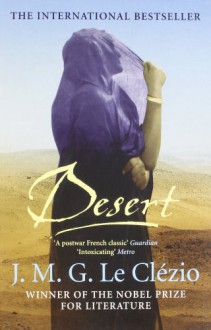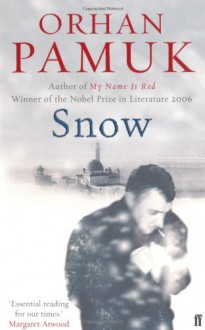Abridged version of my review posted on Edith’s Miscellany on 17 January 2014
The Turkish novel Snow by the Nobel laureate Orhan Pamuk is set in a winter of the 1990s when Ka, a middle-aged poet of small renown suffering from writer’s block, travels from his exile in Germany to the Eastern Anatolian town Kars. He wants to meet his adored former schoolmate İpek who has recently divorced her husband. At his arrival under heavy snowfalls Kars is cut off. The following three days are filled with courting beautiful İpek and with talking to military, police, Secret Service, secularists, communists, nationalists, moderate Islamists, and the wanted Islamic extremist Blue. Ka is drawn into the thicket of conflicting political convictions, but he is just a poet blindly in love who doesn’t take much notice of the violent coup de main that takes place in his presence. Poem after poem flows into his pen and into his green notebook. Then the snowfalls stop, traffic connections are cleared and the old order is restored. Ka and everybody else has to face the consequences of their actions.
The genesis of the poems together with Ka’s life story serve Orhan Pamuk as the perfect background to touch on the complex political and cultural situation in Turkey, a country between Asia and Europe, between Islamic heritage and western lifestyle, between tradition and modernism. It shows the dilemma of the Turkish people in search of a new identity which pleases followers of all the different ideological and religious movements present in the area, be it on the national or on the individual level. Orhan Pamuk’s language and style remain simple throughout and make it easy to follow the plot. The characters are described very carefully and with a certain degree of irony and playfulness.
All in all, I enjoyed Snow by Orhan Pamuk very much and I warmly recommend it both for its literary quality as well as for the glimpse into the Turkish soul which it allows.
For the full review please click here to go to my blog Edith’s Miscellany.


 Log in with Facebook
Log in with Facebook 












